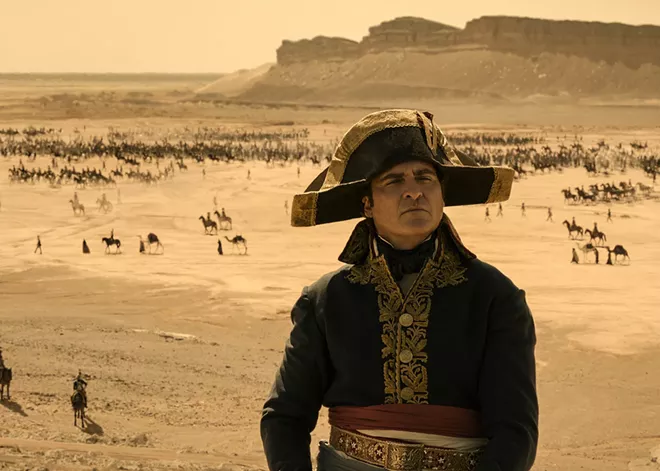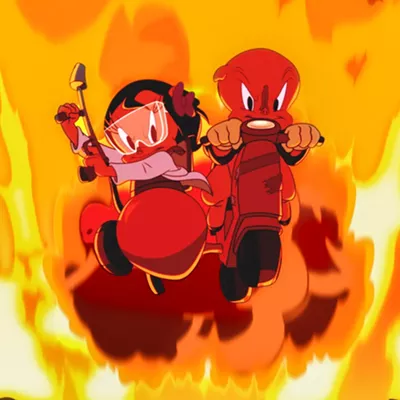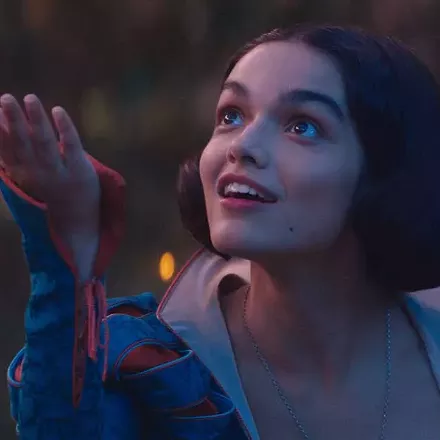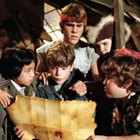In recent interviews, director Ridley Scott has scoffed at the idea of historical accuracy in his biopic about French ruler Napoleon Bonaparte, which might lead potential viewers to expect a more experimental take on Napoleon's life and career. Instead, Scott's Napoleon is straightforward and often dry — like a series of title cards in search of a movie. As Napoleon, Joaquin Phoenix is mumbly and petulant, which fits with his established screen persona but doesn't offer a compelling take on a historical figure who's already been so extensively depicted and analyzed.
Scott seems to be torn between making an intimate character study and an epic war movie, and the scale of the battle scenes dwarfs the interpersonal drama. Napoleon begins during the French Revolution of 1789 and covers nearly 30 subsequent years, although the characters' ages barely seem to change. Napoleon is a young rising star in the French military at the beginning of the movie, making his name via innovative strategy in a battle between the French and British at Toulon.
From that first battle, Scott demonstrates his command of massive action sequences, and all of the combat scenes are impressively staged, especially a midfilm confrontation between the French army and the combined Russian and Austrian forces at Austerlitz. There, Napoleon has his soldiers fire their cannons at the ice-covered ponds onto which he's driven the opposition, leaving the enemy soldiers to drown in the freezing water. Scott conveys the visceral horrors of the fighting and bloodshed while also demonstrating Napoleon's tactical genius, as he calmly directs his troops with just a small gesture.
As he leads the charge at Toulon, though, Napoleon is visibly nervous, and one of the problems with the movie is that the character's journey from that initial fear and uncertainty to the confidence and ruthlessness that allowed him to conquer vast swaths of the world is never clear.
The movie presents a dizzying array of datelines and official designations, but the statistics pass by without much meaning, just like the years passing in Napoleon's life. His various allies and advisers may get their names and ranks flashed onscreen, but they're essentially interchangeable, just tools to facilitate Napoleon's rise to power, without any distinctive character traits.
Napoleon himself is only slightly more distinctive, and while Scott and screenwriter David Scarpa — who previously worked together on the more effective true-life drama All the Money in the World — attempt to ground the story in Napoleon's relationship with his wife, Josephine (Vanessa Kirby), she's even more inscrutable. The scenes between Napoleon and Josephine offer opportunities for greater psychological complexity as well as some sly satire, but any comedy seems unintentional, as Napoleon blusters in frustration over his wife's affairs and the disrespect he receives from other world leaders.
Following a series of military victories, Napoleon seizes political power in France, eventually declaring himself emperor. Scott and Scarpa offer no indication of Napoleon's policies or governing style, or why the people of France embraced him so fervently before later rejecting him. Occasionally showing him as petty or buffoonish doesn't qualify as deep insight or political analysis.
What's left is pure spectacle, and on that level Napoleon consistently delivers, although the battles start to look the same over the course of more than two and a half hours. The closing title card featuring statistics about how many French soldiers died under Napoleon's command is the only indirect critique of the toll Napoleon's ambitions took on the country. Instead of using his artistic license to create a bold new take on a familiar figure, Scott merely offers a series of inert, disconnected tableaus. ♦























